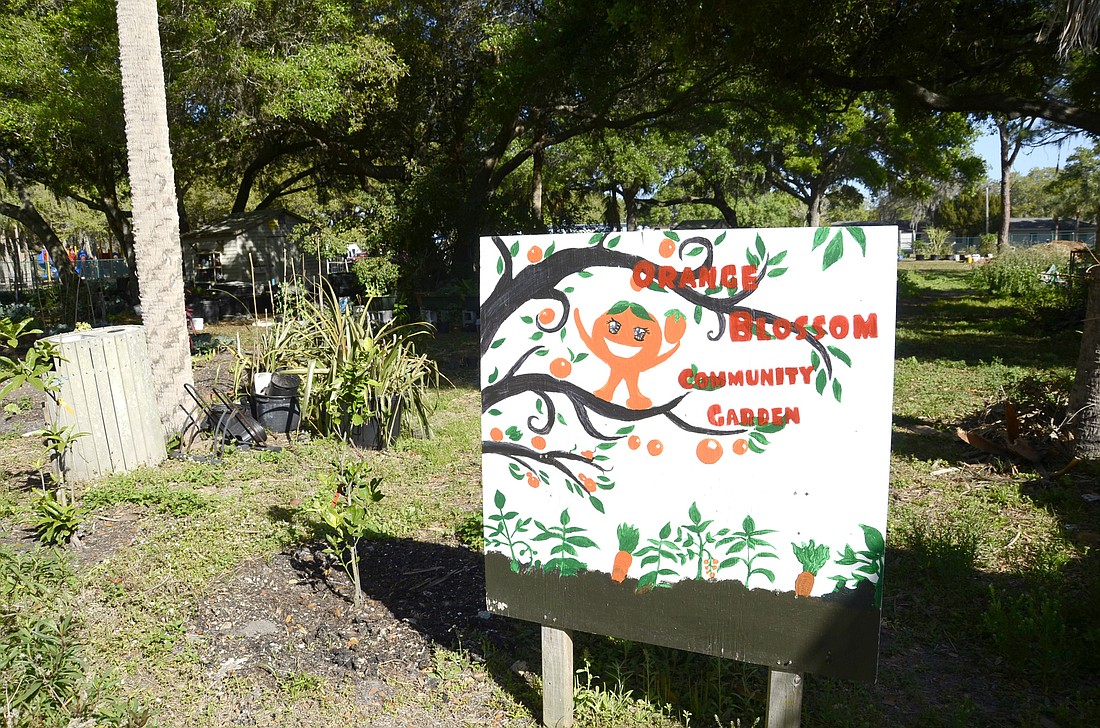- April 4, 2025
-
-
Loading

Organic food distributors, community garden enthusiasts, progressive developers: All are welcome to join in the conversation about the future of agriculture in Sarasota County.
Dr. Robert Kluson, the UF/IFAS Extension agent for Sarasota County, is hoping to restart the food policies council, a stakeholder group he helped organize during the last comprehensive plan update in 2006.
Kluson is holding several community meetings to get the word out and start collecting ideas from a range of stakeholders for what they would like to see in the comprehensive plan revisions relating to food policies. The first meetings were held Monday and Wednesday night.
Food policies are currently covered in the comp plan under the future land use and environmental chapters. The former food council made recommendations to the county, some of which were incorporated in the comp plan. Establishing more farmers markets in the county was one successful suggestion.
Nina Powers, who retired from her position as the Sustainability Outreach Coordinator for the county in December, attended the meeting Monday, at Selby Public Library as a resident.
“We have a different commission now,” she said. “You have to stay involved.”
Powers said if the food council were revived, stakeholders should think about how food policies should be included throughout the plan — not just in environmental and land-use chapters — because agriculture can be an economic driver.
Todd Underhill, who sits on the Sarasota County Ag Council and the district’s Soil and Water Conservation Board, echoed Powers. Underhill suggested the county’s economic eye needed to be directed toward agritourism; he pointed to the success of the Cortez Fishing Village in Manatee and ornamental fish farms in Hillsborough.
Steve McAllister, who ran for County Commission last year, said the policies in the current plan were more broad, and that the group needed to hone in on specifics.
“These are nice words,” McAllister said in reference to current policies. “Shouldn’t we establish more actionable goals?”
Maynard Hiss, who’s a member of multiple community groups, said that the biggest problem with the current plan is that it doesn’t plan for future agriculture space—it only preserves the space already available.
“There’s no comprehensive plan for agriculture,” he said. “They’re not creating new areas for agricultural interest.”
Hiss said the best plan would be to create a map of available agricultural land and places where future agriculture land could go.
Kluson said these kinds of discussions would help shape a cohesive message to present to the county during the comprehensive plan discussions, but reminded those present at the meeting that they still wouldn’t be an official advisory board. He urged those present to spread the word, attend upcoming meetings and stay involved.
“It will still make a difference to show the commissioners what’s important,” Kluson said.
The atmosphere in the meeting was skeptical in light of the County Commission’s vote on amendments to Sarasota 2050. Several of the residents at the meeting were outspoken opponents to the changes.
Powers, who was employed by the county during the 2050 debates, said after the meeting that she believed the commissioners listened to the community.
“Just because something didn’t go your way, you shouldn’t give up on participating,” she said. “That’s part of sustaining a county.”